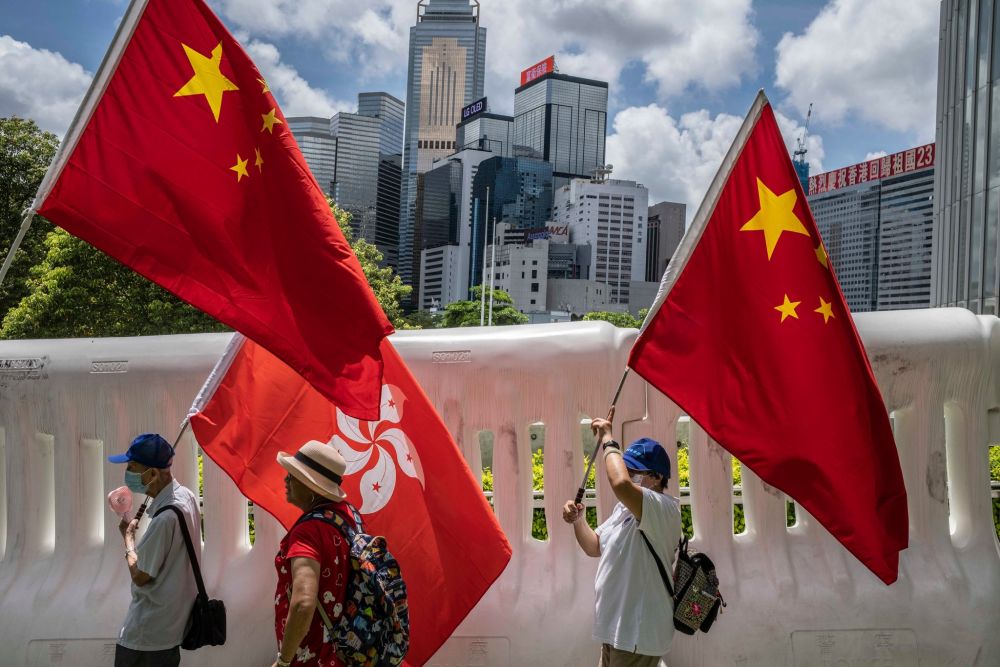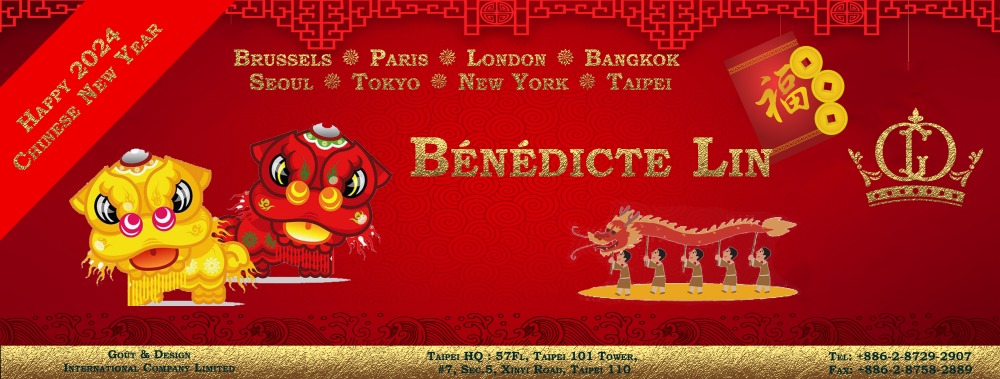Discovering the evolving landscape of Hong Kong’s dining scene unveils a narrative of shifting demographics and cultural transitions. In the midst of these changes, 2084, a plant-based restaurant in the New Territories, breaks convention by introducing beef to attract a new wave of mainland Chinese customers. This culinary adaptation serves as a microcosm of broader demographic shifts reshaping the city, reflecting both challenges and opportunities in Hong Kong’s ongoing evolution.

In the heart of Hong Kong’s New Territories, a shift is palpable at 2084, a once exclusively vegan restaurant now experimenting with serving beef. Owner Naz Farah notes the changing tide of clientele, as a growing number of mainland Chinese visitors express a preference for non-vegan fare. This shift reflects a broader demographic transformation sweeping across Hong Kong, driven by recent government initiatives aimed at reversing a significant brain drain and attracting talent from mainland China.

With a population of 7.5 million, Hong Kong has faced a substantial exodus of expatriates in recent years, exacerbated by the COVID-19 pandemic and concerns over China’s tightening control over the territory. The government’s efforts to revitalize the workforce through new visa schemes have yielded a predominantly mainland Chinese influx, with only a fraction granted to Westerners. This demographic shift not only reflects changing attitudes towards Hong Kong as a place to live but also underscores the evolving economic landscape and language requirements, particularly Mandarin’s increasing prominence.

For many mainland Chinese, Hong Kong represents a gateway to greater freedoms and international opportunities. Barry He’s story exemplifies this sentiment, as he navigates the Top Talent Pass visa system to seek better prospects for his family and future generations. However, the influx of mainland Chinese residents presents challenges to integration, as cultural differences and language barriers persist. Despite efforts to foster inclusivity, tensions between Hong Kongers and mainlanders underscore the complexities of identity and belonging in a rapidly changing social landscape.

As Hong Kong grapples with its shifting demographics and political realities, questions arise about the preservation of its unique identity and appeal. The imposition of a national-security law by Beijing has sparked concerns about eroding freedoms and the displacement of liberal residents. For expatriates like Naz Farah, the sense of community and connection that once defined Hong Kong is fading, raising doubts about its future allure. As the territory navigates these challenges, it stands at a crossroads, grappling with the tension between its historical identity and its evolving relationship with mainland China.

